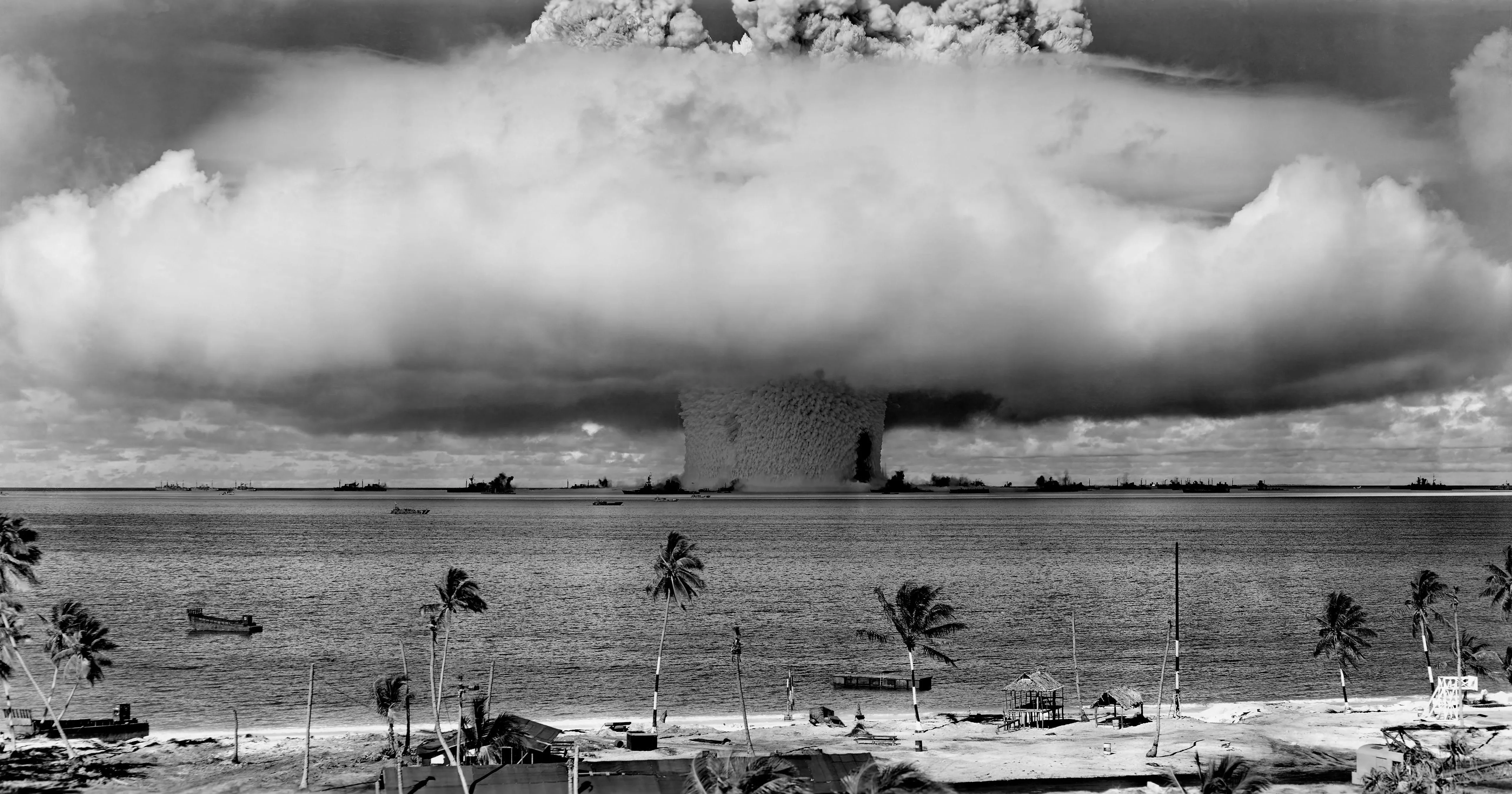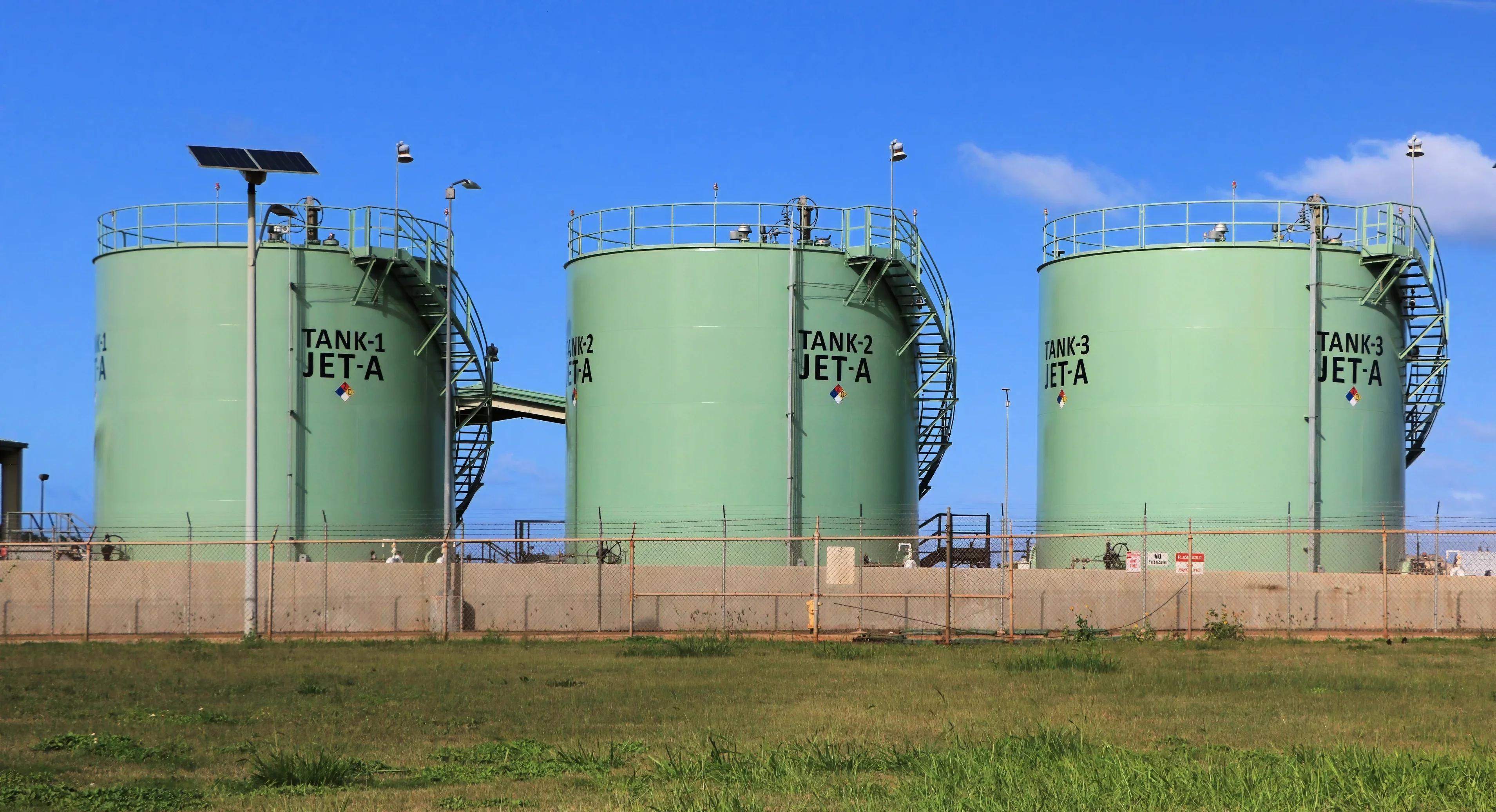Oil prices face a period of heightened uncertainty in the coming weeks as escalating conflict between Israel and Iran rattles global markets. The military escalation in the Middle East has increased fears of potential supply disruptions and led to sharp volatility in oil trading.
As Israel and Iran exchange rocket fire in unprecedented fashion, oil markets have responded immediately. Crude prices surged, with Brent crude briefly jumping over 13% in intraday trading before stabilizing at a roughly 7% gain by day’s end, reaching around $75 per barrel—its highest level since January.
Price Spikes After Airstrikes
On Friday, Brent crude rose by about 7% in a single day. WTI crude also climbed to over $73 per barrel. Meanwhile, safe-haven assets like gold surged to record highs, while equity markets worldwide turned negative amid risk aversion. These movements highlight growing investor concern over inflationary pressures and supply security.
Supply Concerns and Regional Escalation
Central to these concerns is the Strait of Hormuz, a vital oil chokepoint between Iran and the Arabian Peninsula. Nearly 20% of global oil supply passes through this narrow strait. Iran has threatened to block the Strait—a move that would severely disrupt world oil flows and potentially send prices skyrocketing.
Additionally, Iran has warned neighboring countries against assisting Israel, raising fears of broader regional involvement. If the conflict spreads to other oil-producing nations or disrupts shipping routes, analysts warn that crude prices could exceed $100 per barrel, with worst-case forecasts speculating on spikes up to $200.
Economic Risk and Inflation
The timing of the oil surge is troubling for global economies already battling persistent inflation. A sustained spike in energy costs could reignite inflation and force central banks to maintain or resume tight monetary policy—raising interest rates and possibly triggering a recession.
Outlook for the Next Month
The forecast for oil prices over the next month remains uncertain. If fighting de-escalates, prices may stabilize or retreat. However, prolonged conflict could keep oil above $75 and make short-term spikes above $100 increasingly likely. Even without a full-blown war, volatility will remain high as traders react to every headline from the Middle East.
You may also like
Disclaimer:
This article is an analytical review by the BurgasMedia editorial board and reflects the opinion of an expert group based on current political, economic, and social developments.
The conclusions presented are not predictions or factual statements, but a hypothetical interpretation of possible scenarios.
The publication is not responsible for any discrepancies with future developments and encourages readers to form independent judgments based on verified sources.








Коментари (0)
Все още няма коментари.